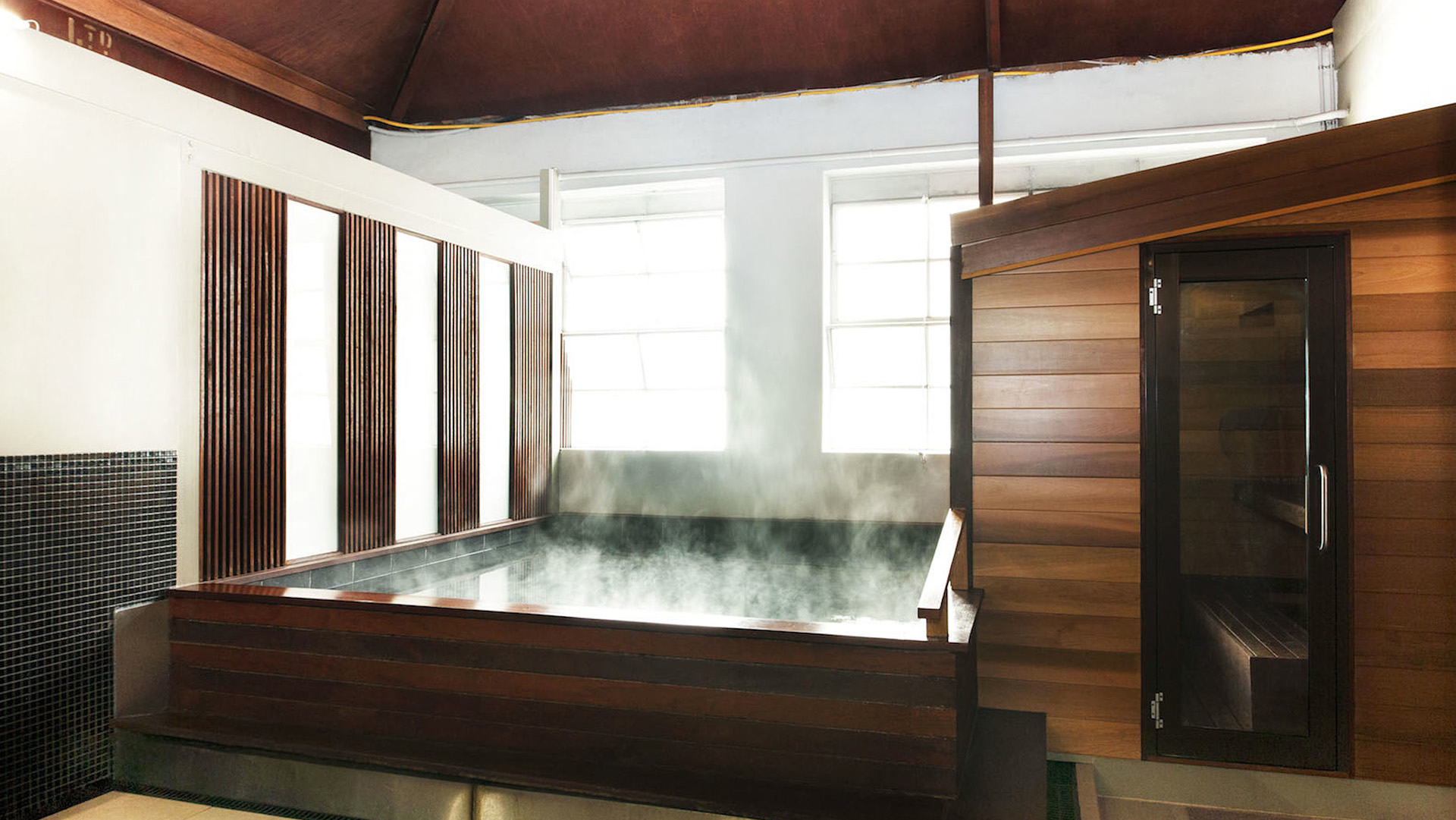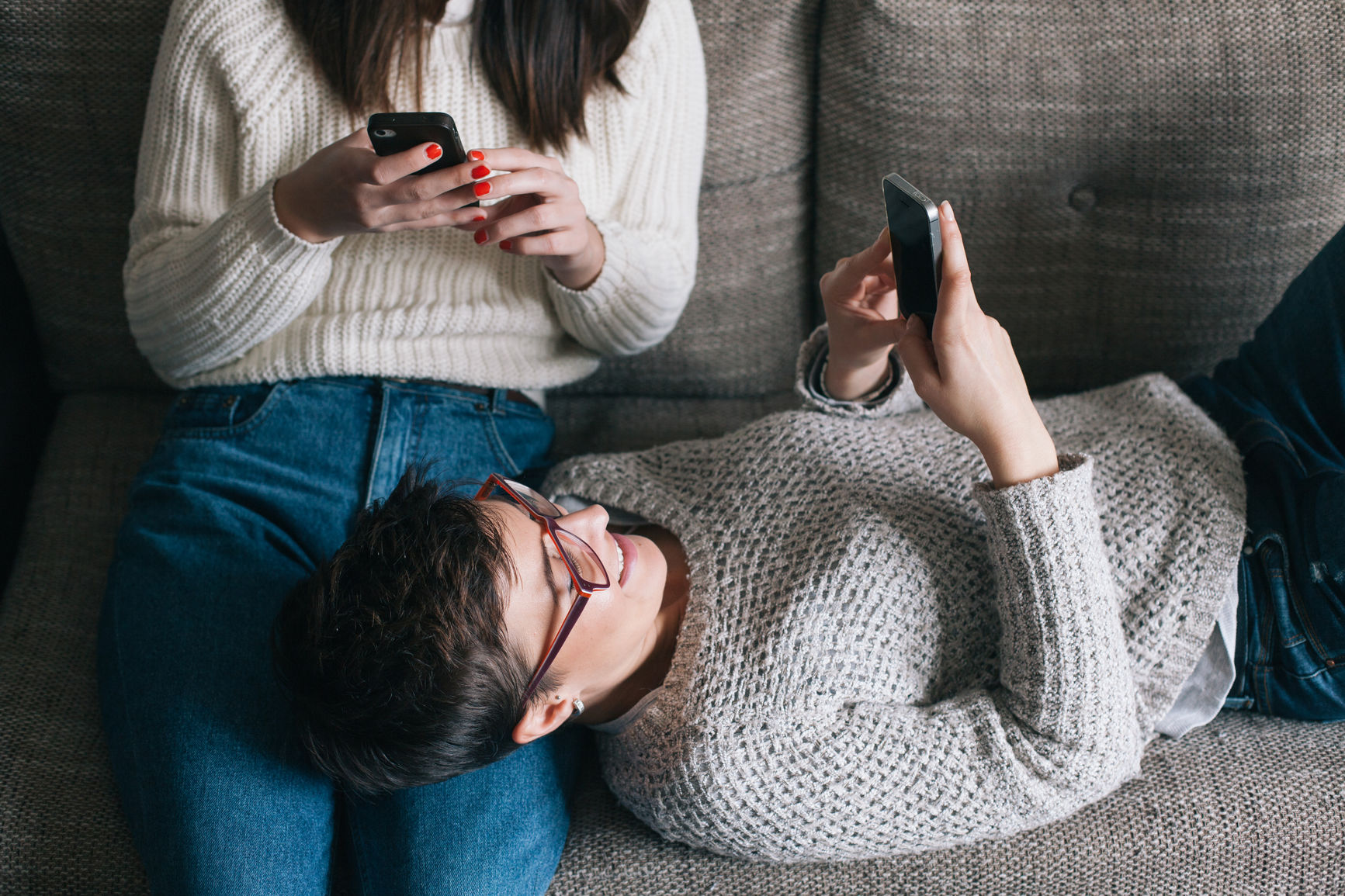-
The Japanese call hot springs "onsen", but they also use this word to describe the spas and bathing facilities that are found scattered all throughout the country, from scenic mountain resorts to the cramped streets of its biggest cities.
At the onsen people shed their clothing (no bathing suits here), wash their bodies and then wade into the hot, sometimes cloudy water to commune with others or sit in quiet contemplation.
Scientists in Japan have been documenting the positive impacts onsen can have on human health since the early 18th century – deep inner warmth and relaxation, pain relief and smooth skin to name a few.
Balneotherapy, the use of bathing as a form of therapeutic treatment, is widely practiced in Japan and although it is generally considered an alternative medicine, balneotherapy’s benefits have been demonstrated by peer-reviewed medical studies.
Tucked away in a Melbourne laneway, I discovered Onsen Ma – a steamy little oasis nestled in the hustle and bustle of the city’s CBD. The bathhouse opened after the owner fell in love with the onset experience during her travels to Japan.
"Two hours at the onsen after a long day in the office had me floating out into the cold evening, my muscles supple and my mind at ease."
At Onsen Ma, I followed the advice of the friendly, kimono-clad staff and alternated between soaking in the onsen, freshening up with a bucket of cold water and steaming in the adjacent sauna. That sequence, repeated for an hour, left my muscles supple and my mind at ease.
Onsen is deeply ingrained in Japanese culture and is an important part of daily life. It’s something Japanese people have been enjoying for centuries and, after my experience at Onsen Ma, I can see why soaking is taken so seriously.
After my soak, it was time for the shiatsu. Shiatsu, meaning ‘finger pressure’ is a traditional Japanese treatment for rebalancing the energetic pathways of the body, called meridians.
The therapist used not just finger pressure, but her elbows, knees and even chin to work out the areas of tension in my muscles and joints that the onset hadn’t quite melted away.
While most of us would usually wear bathers at a public pool and strip down to underwear for a massage, at the onset things are reversed. Nudity is etiquette in the public bathing pools, but you dress head to toe in loose pyjama-type clothing for the massage.
Two hours at the onsen after a long day in the office had me floating out into the cold evening, emanating a deep inner heat and a sense of wellbeing. Could this be the perfect antidote to the winter blues?
Onsen tips
Heading to an onsen for the first time? Here are a few pointers for getting the most from your relaxing experience.
- Get naked – bathers are not onsen etiquette. Bathing areas for men and women are segregated and there is an accepting, respectful vibe, so no need to be embarrassed.
- Don’t let your hand towel enter the onsen water. I learned from watching other, more practiced onsen goers that the thing to do is wear it on your head.
- Drink plenty of cold water. It will stop you getting light-headed and nauseated and ensure you leave feeling revitalized rather than dehydrated and dizzy.
Learn more about Japanese bathhouse Onsen Ma.
Onsen Ma: Soaking and shiatsu

-
How is ‘phubbing’ hurting your relationships?
Here’s how to stop phubbing and be more mindful of your phone habits, to help improve face to face interactions with your family and friends.
-
Are the winter blues real?
Simple ways to boost your mood in winter.
-
Mental fitness explained
Just as you work to strengthen your body, your mental health deserves attention and exercise too.
-
Signs it's time to visit the dentist
Nobody wants to go. But there are good reasons to – promise.
-
The link between stress, anxiety and jaw pain
Physiotherapist Michael Chan explains how stress and anxiety can cause jaw pain, and how to help get some relief.
-
When you can't sleep next to your partner
You love everything about them – except their sleep habits.
Subscribe to receive the best from Live Better every week. Healthy recipes, exercise tips and activities, offers and promotions – everything to help you eat, move and feel better.
By clicking sign up I understand and agree to Medibank's privacy policy





.jpg)
